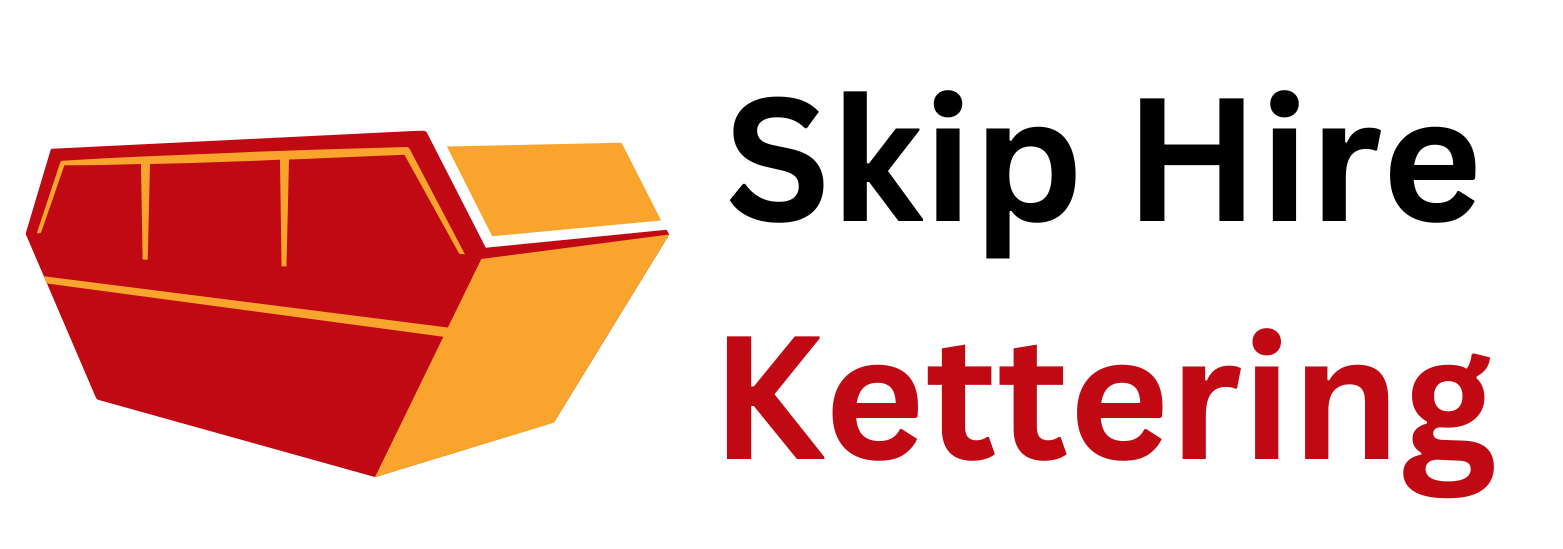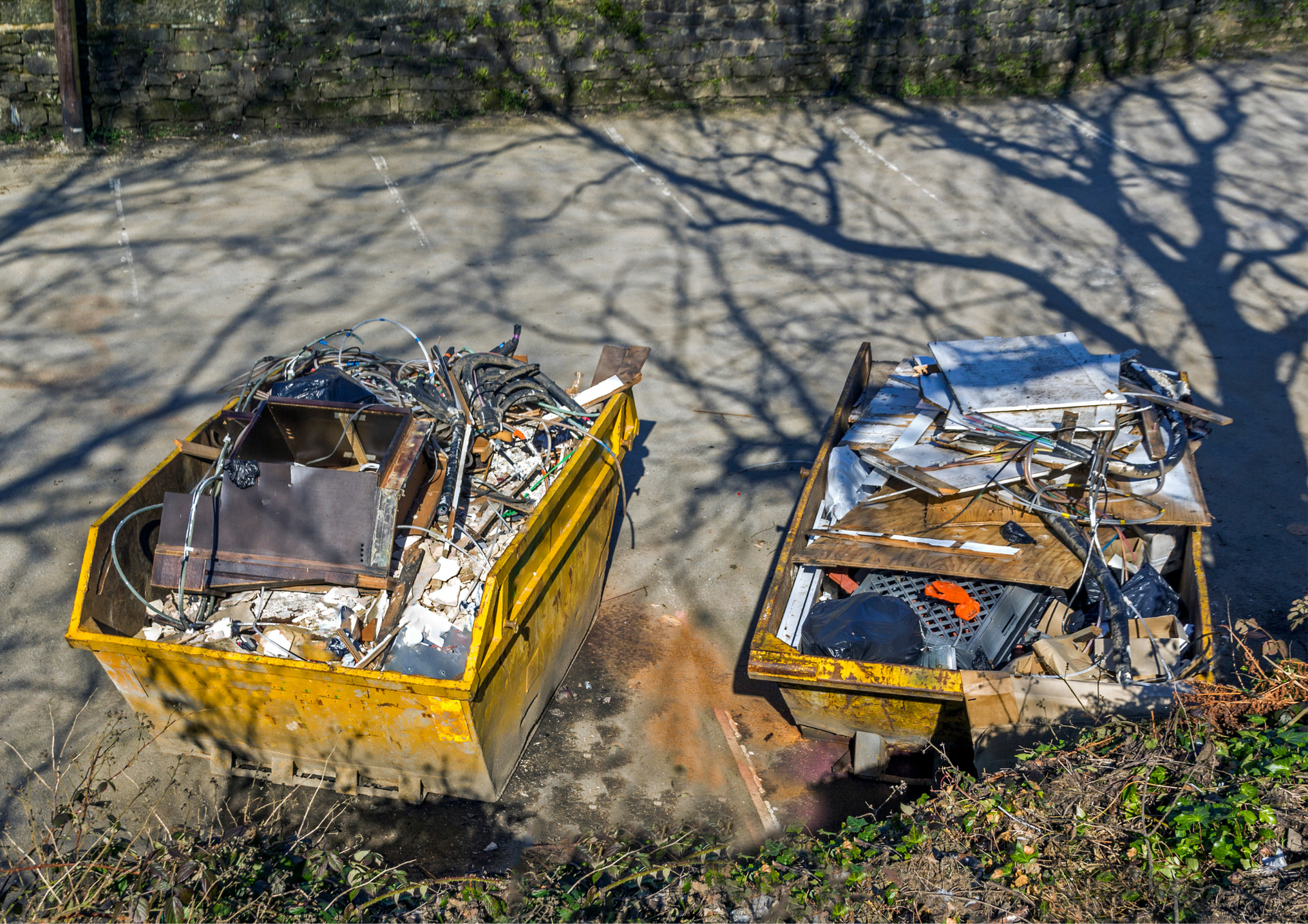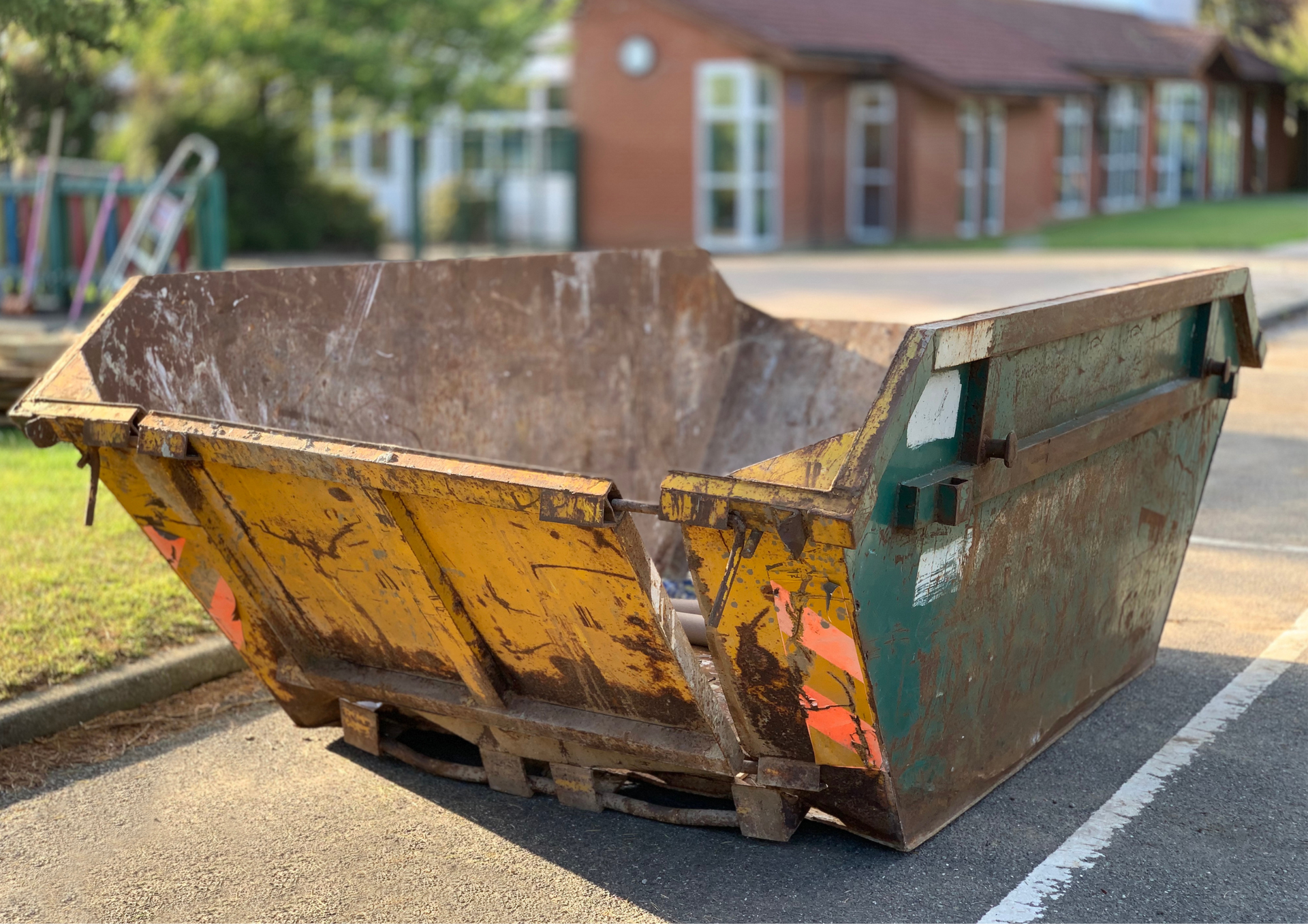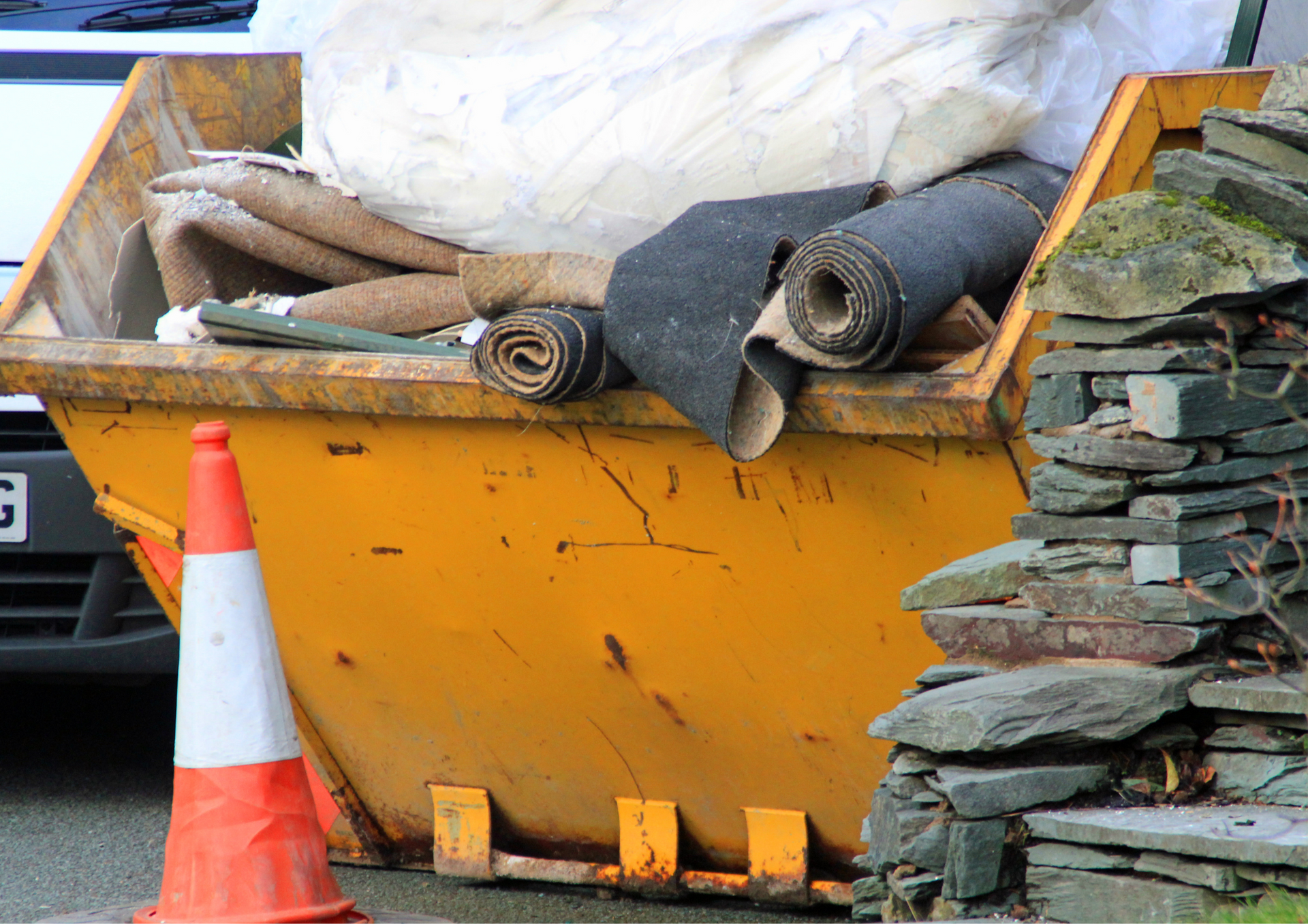Comparing Skip Rental Prices for Domestic vs. Commercial Use
When it comes to managing waste efficiently, skip remains one of the most convenient and cost-effective options for both homes and businesses. Whether you’re renovating your property, overseeing a construction site, or clearing out an office, understanding how skip rental prices vary between domestic and commercial uses can help you make informed decisions.
This guide breaks down the key factors influencing costs, explores the different needs of each user type, and identify the best approach.
Understanding the Difference Between Domestic and Commercial Skip Hire
The main distinction between domestic and commercial skip hire lies in the scale and nature of the waste generated. Homeowners typically hire skips for one-off projects such as spring cleaning, garden makeovers, or home renovations. These jobs usually require smaller skips ranging from 4 to 8 yards, which can accommodate general household and light construction waste.
In contrast, commercial skip often involves larger volumes of waste produced over longer durations. Construction companies, property developers, and industrial facilities may need multiple skips or roll-on roll-off containers that can hold heavy materials like concrete, metal, or bulk soil. Because of the quantity and type of waste, commercial clients usually face slightly higher skip rental prices, reflecting the additional logistics and waste processing involved.
However, both domestic and commercial users can benefit from planning their waste management in advance. By choosing the correct skip size and understanding what can and cannot be placed inside, you can avoid unnecessary charges and make the process as efficient as possible.
Key Factors That Influence Skip Rental Prices
While the size and type of skip are the most obvious cost determinants, several other factors can affect the final price you pay. Knowing these can help you make an informed decision and budget appropriately for your project.
Skip Size and Type
Smaller skips are naturally cheaper, making them ideal for household projects or minor renovations. Larger commercial skips or roll-on roll-off containers come at a higher cost due to their capacity and the additional resources required for collection and disposal.
Duration of Hire
The length of time you need to rent a skip can significantly influence the price. Short-term rentals are usually more cost-effective for quick clean-ups, whereas longer projects that span weeks or months may require flexible or extended hire agreements. In some cases, arranging regular skip exchanges can also reduce downtime and maintain site cleanliness efficiently.
Location and Accessibility
Where your skip will be placed can also affect local skip hire prices. Urban areas with high demand or limited access may carry a premium due to logistical challenges. In contrast, rural or suburban zones often have more straightforward placement options, which can reduce costs slightly.
Permits and Regulations
If your skip must be placed on a public road rather than private property, you’ll need a permit from your local council. These permits vary in price depending on location, adding a small but important expense to the overall skip hire cost.
Understanding these influencing factors allows both domestic and commercial users to plan ahead, minimise unexpected costs, and get the best possible deal for their project.
Comparing Costs: Domestic vs. Commercial Skip Hire
When comparing domestic and commercial skip, it’s essential to consider not just the price but the value provided. Domestic users often prioritise affordability, looking for reliable service at a fair rate. Commercial clients, however, tend to value efficiency, scalability, and compliance, particularly when working across multiple sites or with hazardous materials.
Domestic Skip Hire
For homeowners, average skip hire prices depend largely on the project’s size and location. A small skip for household waste typically offers the best balance between cost and capacity. Domestic customers may also appreciate flexible delivery and collection schedules, making waste removal more convenient during renovations or cleanouts.
Commercial Skip Hire
Businesses, especially in the construction or industrial sectors, require robust solutions that can handle high volumes of waste. They may need frequent collections, larger containers, or even multiple skips across different sites. Consequently, while their skip prices may be higher, they gain access to professional waste management services that ensure compliance with environmental regulations and safety standards.
Ultimately, comparing domestic and commercial skip comes down to scale, waste type, and frequency of use. Both user types can achieve value for money by partnering with a reputable skip hire company that offers transparent pricing and tailored solutions.
How to Get the Best Value from Your Skip Hire
Whether you’re clearing out a home or managing a commercial project, maximising value is always a priority. Here are some practical tips to help you make the most of your skip:
Choose the Right Skip Size
Selecting the correct size from the start prevents you from overpaying for unused space or needing an additional skip. If you’re unsure, seek expert advice from your provider—they can help you estimate based on your project type and waste volume.
Avoid Prohibited Waste
Certain materials, like hazardous chemicals, tyres, and electrical appliances, cannot be placed in skips. Including them can result in additional fees or legal penalties. Always check the list of prohibited items to avoid complications.
Plan for Efficient Loading
Efficiently filling your skip not only saves space but also reduces the number of collections required. Break down bulky items, fill gaps with smaller debris, and distribute weight evenly to make full use of your container.
Compare Quotes and Services
Before committing, it’s wise to compare quotes from different providers. Look beyond just the skip rental prices—consider the company’s reputation, reliability, and customer service. A trustworthy provider like us ensures transparent pricing with no hidden costs, giving you complete confidence from start to finish.
Both domestic and commercial skip serve essential roles in waste management, but understanding their differences can help you save time, money, and stress. Domestic projects typically benefit from smaller, more affordable skips and flexible schedules, while commercial operations require larger, more robust solutions tailored to their specific needs.
By considering key factors such as size, hire duration, location, and regulations, you can confidently choose the right service for your project and budget. Whether you’re renovating a home, clearing a site, or managing ongoing waste from a business, smart planning and the right skip hire partner will ensure a smooth, cost-effective experience.
At
Skip Hire Kettering, we take pride in providing reliable, affordable, and professional
skip hire services designed to meet the needs of both domestic and commercial clients. With years of industry experience, we understand the challenges of effective waste management and offer tailored solutions that make disposal straightforward and fully compliant with regulations.
Our transparent pricing ensures clear, competitive rates with no hidden fees, giving customers complete confidence in our services. We offer a wide range of skips, from compact options ideal for household projects to large containers suitable for construction and commercial sites.
Just out on X:
Skip rental prices explained – comparing costs for every project type!




